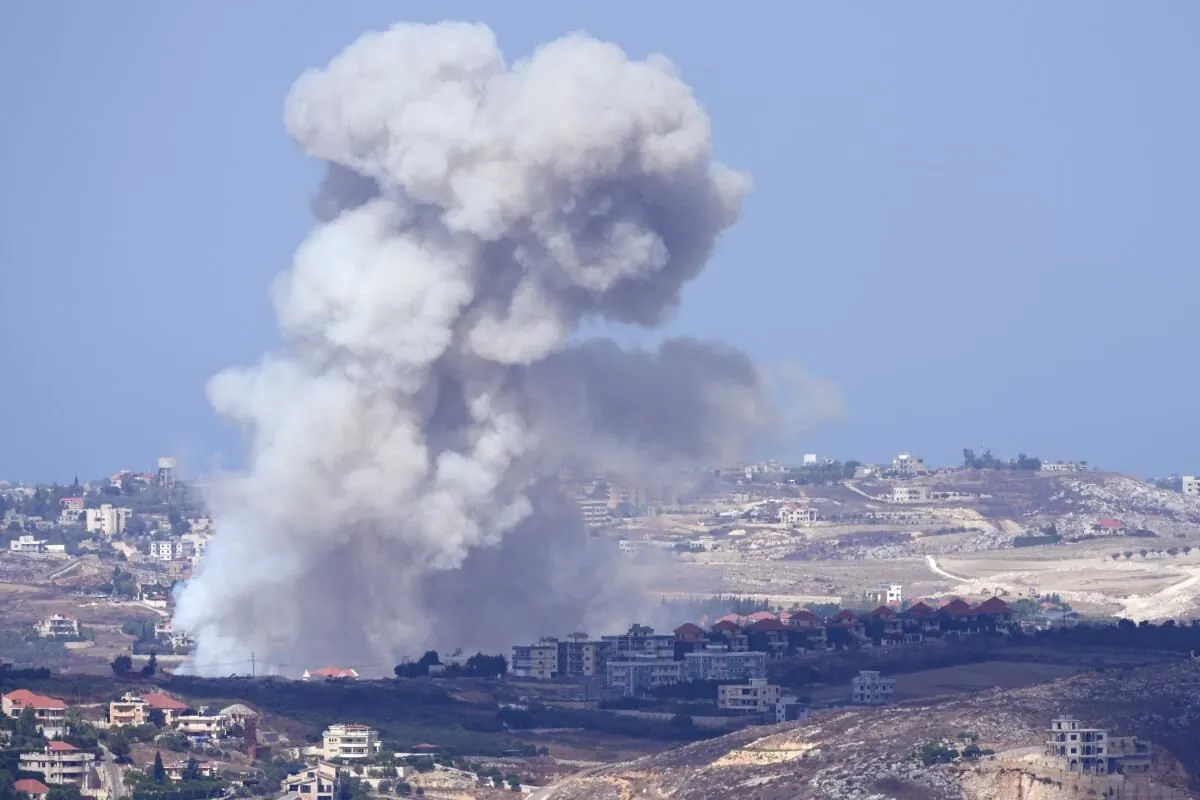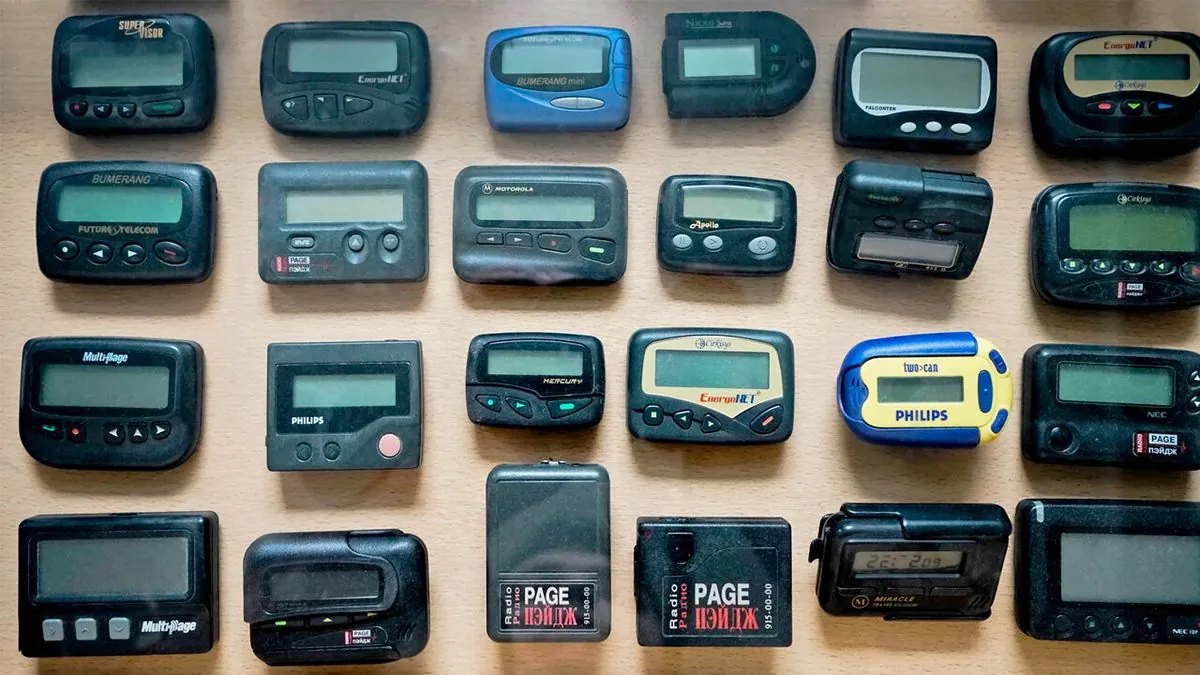Israeli Strikes Cripple Hezbollah as Iran Opts for Diplomacy
Israeli airstrikes severely damage Hezbollah, while Iran refrains from direct intervention. The militant group faces its heaviest losses in 40 years, raising questions about regional stability and potential escalation.

In a significant escalation of regional tensions, Israeli forces have launched a series of devastating airstrikes against Hezbollah targets in Lebanon, causing unprecedented damage to the Iran-backed militant group. This offensive, which began approximately 11 months ago, has resulted in the most severe losses for Hezbollah in its four-decade history.
Hezbollah, founded in 1985 during the Lebanese Civil War, has long been a key ally of Iran and a major player in Lebanese politics. The organization, whose name translates to "Party of God" in Arabic, has evolved from its origins as an insurgency to become the most powerful armed force in Lebanon, with an estimated 25,000-50,000 fighters.
The recent Israeli offensive has targeted Hezbollah's leadership, munitions, and communication infrastructure. In a particularly devastating attack last week, Israeli forces reportedly turned Hezbollah's pagers and radios into explosive devices, effectively crippling the group's logistical capabilities.

According to government assessments, hundreds of Hezbollah fighters have been killed, and significant amounts of equipment have been destroyed since the offensive began. The Israeli Defense Forces claim to have conducted over 1,000 airstrikes in the first 24 hours alone, targeting various locations in southern and northeastern Lebanon, including Beirut's southern suburbs.
The humanitarian cost of this conflict has been severe. Lebanon's Health Ministry reports that more than 600 people, including over 50 children, have been killed in Israeli airstrikes since Monday. Thousands more have been wounded, and tens of thousands have been forced to flee their homes, creating a humanitarian crisis.
Despite the severity of the attacks on its ally, Iran has shown reluctance to intervene directly. Iranian officials, including Foreign Minister Abbas Araghchi and President Masoud Pezeshkian, have offered rhetorical support for Hezbollah and condemned Israeli actions, but have not taken military action. This stance reflects Iran's current focus on diplomatic engagement with the West and its limited military options for reestablishing deterrence against Israel.
"Some of the effective and valuable members of Hezbollah were martyred. But this was not a loss that could bring Hezbollah to its feet."
Analysts suggest that Iran's long-term investment in Hezbollah makes it unlikely that Tehran will abandon the group entirely. Hezbollah's ability to recover from previous conflicts, such as the 2006 war with Israel, gives Iran confidence in the group's resilience.
However, the current situation presents significant challenges for Hezbollah. The group's logistical capabilities have been severely compromised, and its ability to organize support for displaced civilians has been hampered by the loss of experienced personnel.
The conflict has raised concerns about potential escalation and the risk of miscalculation. While Israel appears to have gained an edge over Hezbollah and Iran, the exact threshold for retaliation remains unknown, creating a potentially dangerous situation.
As the situation continues to evolve, the international community watches closely, aware that any further escalation could have far-reaching consequences for regional stability and beyond.


































